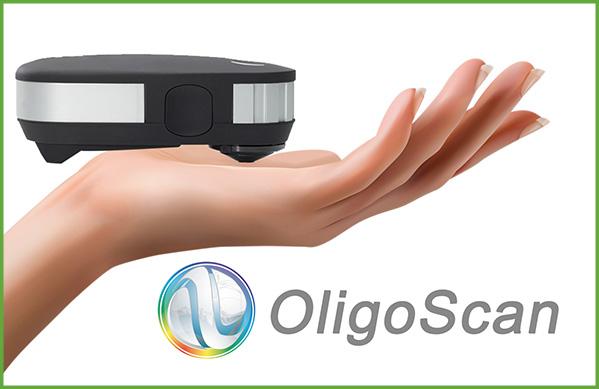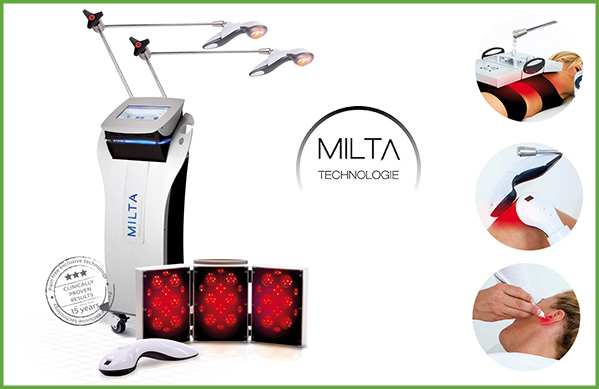How to choose a water filter?
Water is the main element of our daily lives, it provides health, slakes thirst and is the base of hygiene. However, nowadays It’s hard to get the prefect water from our taps, especially by the omnipresent chlorine, lead and mercury. So how to deal with this problem? The simplest answer – water filtration systems!
Water from the water supply has been subjected to many purification processes, starting with mechanical impurities by coagulation and disinfection. Although tap water should not have any harmful substances, its quality often leaves much to be desired. The conditions the potable water should meet have been referred to in the European Union Directive 98/83/EC of 3 November 1998 „on the quality of water intended for human consumption “, and in the Regulation of the Minister of Health on 29 March 2007,” on the quality of water intended for human consumption (Oj 2007, no. 61, item 417).
problem arises however when we have to choose the technology to be used.
In the households usually three types of filters are being used:
- water softener filters -cause softening of the water and remove iron and manganese compounds.
- carbon filters- improve taste, odour and colour the water, in addition they remove chlorine and its derivatives as well as organic substances and phenols.
- using the phenomenon of reverse osmosis filters -remove sediments, chemicals, bacteria, viruses, organic compounds, unfortunately also remove minerals-effect: almost completely pure water
- UV lamps-remove bacteria and viruses
And now a little bit more about each technology:
Great softening filters affect our housewares, skin and hair, but not purify the water of many chemical compounds. Beacause of this, it is recommended to install additional filters in the kitchen, e.g. carbon ones
Carbon filters purify the water from microbiological, chemical and mechanical impurities. Filters of this type can be mounted both in kitchens and bathrooms. Thanks to them, the water tastes, smells and looks better, perfectly well treat the water we drink and add to dishes. Every few months the carbon cartridges may be exchanged.
The filters that use the phenomenon of reverse osmosis systems purify the water totally with everything, not sparing minerals contained in water. Therefore, they often contain mineralisers. Unfortunately, this is not a perfect solution, because it requires a lot of water consumption. For 5 litres of purified liquid should be used from 40 to 90 gallons of raw water, depending on the model. In addition, in this type of filters, the subjects to periodic replacement are semi-permeable membranes, as well as carbon contributions.
.- In case of modern filters, manufacturers combine several technologies in a single device. The most commonly used filters processes are multi-staged.
Reverse osmosis-based filters are most often combined with carbon filters and sedimenation ones while the complex carbon filters are supported with sedimentation filters and UV lamps.



